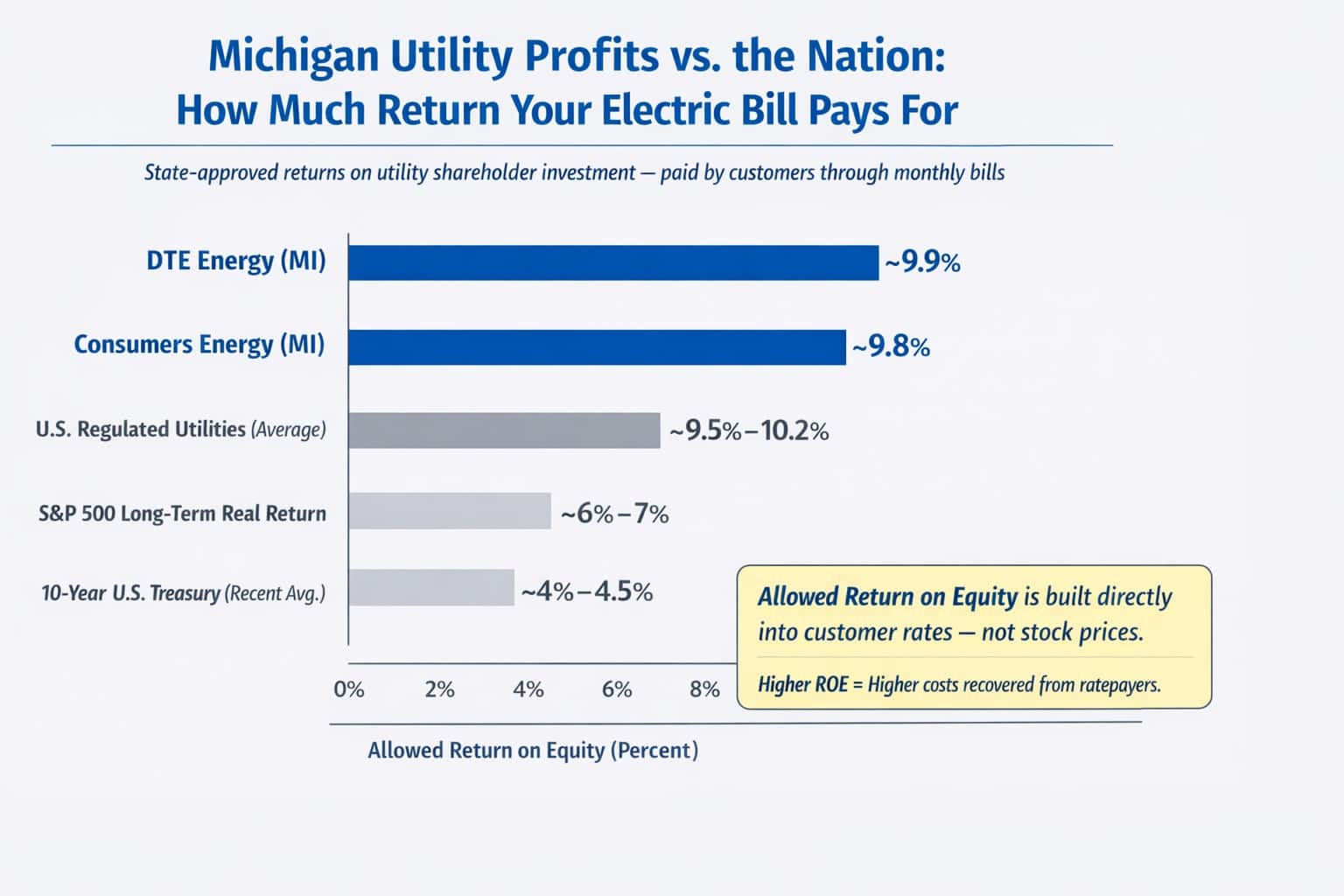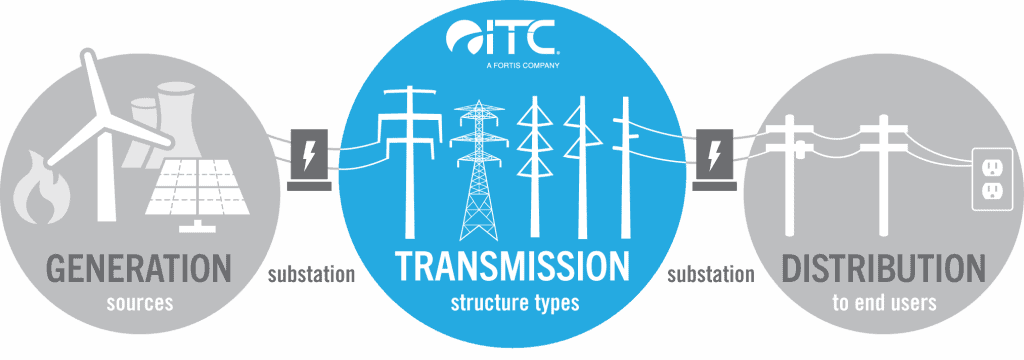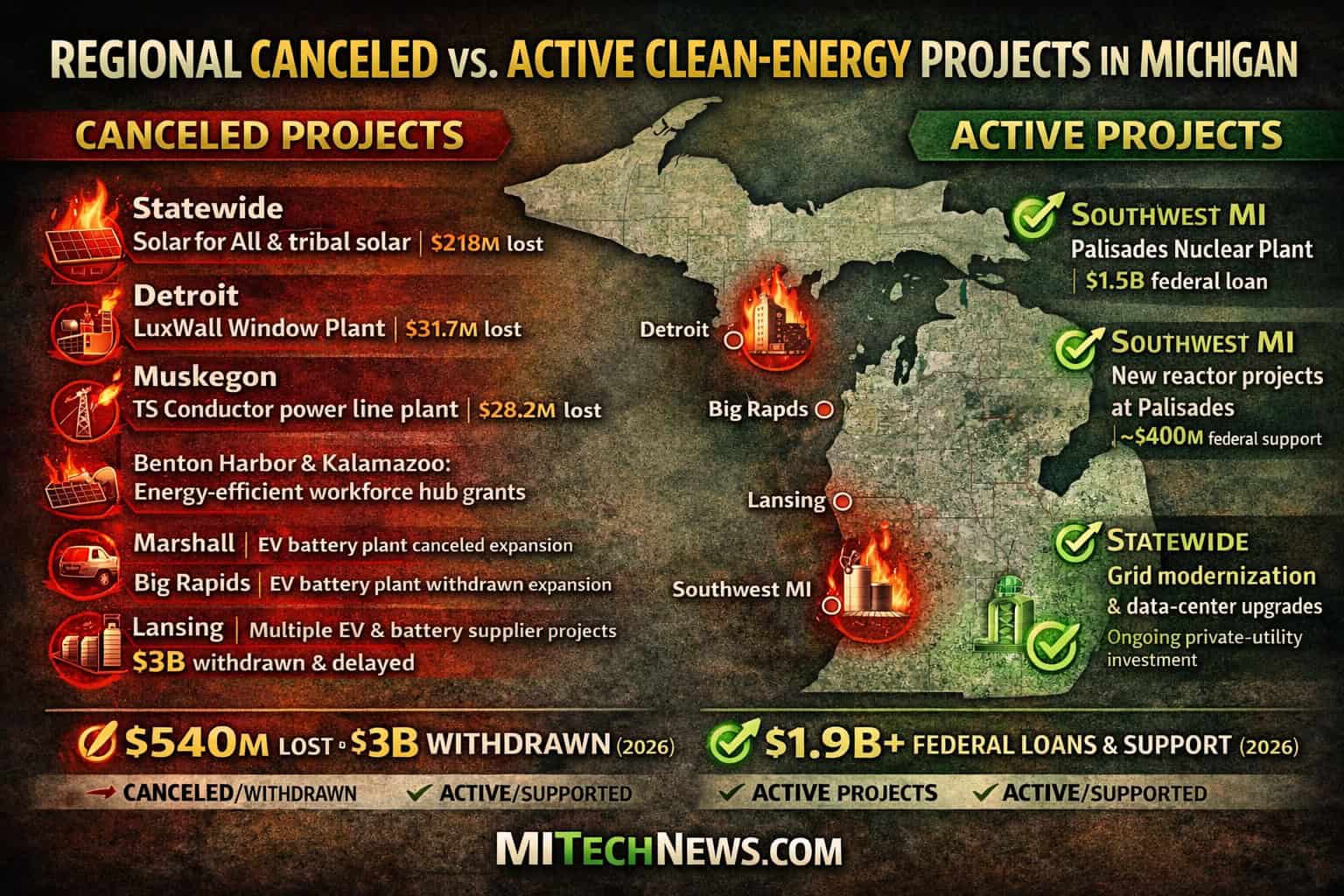LANSING – Discussion on a bill to eliminate the state’s 10 percent cap on energy competition continued in the House Energy and Technology Committee on Tuesday with DTE Energy’s president saying rates will not decrease under the bill and innovation in the field will halt in Michigan.
Steve Kurmas, president and chief operating officer of DTE Energy, testified in opposition to HB 5184 . Kurmas said states with market deregulation do not have lower rates.
He also said, regarding rates in Michigan, that DTE has kept operations and maintenance costs at or below what they were in 2007.
“In January we reduced our rates by $300 million, a roughly six and a half percent reduction on an average bill,” he told the committee. “We are on track to see another reduction next January. Our long term goal is that our customers’ rates in 2018 will be no higher than they were in 2013.”
He also said customer satisfaction is lower in deregulated states. Kurmas told the committee that DTE plans to invest billions of dollars to meet the state’s future electricity needs. However, he said if HB 5184 becomes law the company will not invest in additional generation in the state. Finally, he said, competition markets cause power plants to close.
Wayne Kuipers, with Energy Choice Now, said DTE Energy testified in Pennsylvania in support of electric choice. Kurmas said the support of choice was in a different market, the wholesale market, and not relevant to the bill under consideration.
However, Kuipers said the state’s incumbent utilities compete every day for business in other states. He said electric choice would play an important role in the state’s comeback.
Kuipers said the utilities “flex their political muscle” in Lansing to block others from competing in the state. “Competition, which by the way, would result in lower prices for businesses and individuals,” he said.
The bill under consideration would eliminate the state’s 10 percent cap on electric competition. It would require large electric utility companies with at least 1 million customers to submit plans to the Public Service Commission to either sell off or to transfer their electric generation assets to an affiliate. This would separate electric generation from distribution. The affiliate would not be regulated by the commission.
The bill also would prohibit “undue” market power by a large utility, require large utilities to offer to purchase the receivables of an alternative energy supplier for electric sales to residential and small commercial customers, and would allow, but not require, local governments, schools, college and universities to aggregate to purchase electricity for residential and small commercial customers within their boundaries.
The committee also heard from Richard Doying, executive vice president of operations for Midwest Independent Transmission System Operator, Incorporated, the regional transmission organization in the state. Doying said MISO is neutral on the bill, but spoke to the committee about reliability. Doying indicated electric choice would not lead to reliability issues.
Rep. Aric Nesbitt (R-Lawton), chair of the committee, said he will speak to his members in deciding how to move forward after hearing the rest of the testimony on Tuesday.
This story was provided by Gongwer News Service. To subscribe, click on Gongwer.Com






